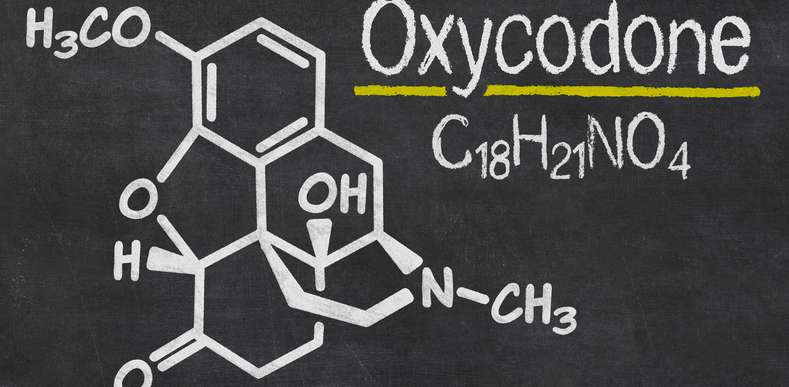
What synthetic pain reliever commonly prescribed by doctors can hook people in the same way as narcotics like morphine or heroin?
The answer is oxycodone, a powerful analgesic found in brand-name drugs such as Percocet, Percodan, and OxyContin. Doctors prescribe these drugs to treat pain, but they are highly addictive. According to the Centers for Disease Control and Prevention (CDC), 91 Americans die every day from an overdose of these powerful types of opioids. The rate has tripled since 1999.
Statistics on Prescription Opioid Abuse
“We now know that overdoses from prescription opioids are a driving factor in the 15-year increase in opioid overdose deaths. The amount of prescription opioids sold to pharmacies, hospitals, and doctors’ offices nearly quadrupled from 1999 to 201, yet there had not been an overall change in the amount of pain that Americans reported.” (Center for Disease Control and Prevention)
Because the abuse of these prescription drugs is so prevalent, it is important to know what to look for in a loved one who has lost control of his or her desire for these drugs. Oxycodone is one of the strongest of all the opioid pain relievers, so the potential for addiction remains very high. In fact, according to the Substance Abuse and Mental Health Services Administration (SAMHSA), oxycodone is more commonly abused than methamphetamine and heroin combined. In the United States today, there are more than 1.9 million people addicted to opioids.
New Year. Real Recovery.
The pressures of the season are real. Find lasting peace and expert support.


Signs to Seek Rehab for Oxycodone Addiction
Oxycodone creates a powerful, pleasurable high that provides pain relief and anxiety reduction. It can also cause dizziness, loss of appetite, nausea and vomiting, dry mouth, and more unpleasant symptoms. When a person is addicted to these drugs, it takes more and more of them to continue to produce a high. As the addiction takes hold, performance in other areas of life starts to decline.
Signs of addiction include drastic behavioral changes, a decline in appearance and motivation, and difficulty concentrating. Signs of overdose include slow heartbeat, loss of consciousness, difficulty breathing, and cold skin.
Withdrawal symptoms are similar to the flu and can include watery eyes, muscle aches, joint pain, diarrhea, vomiting, and restlessness.
Oxycodone is both psychologically and physically addictive. Anyone who takes this medication for more than two weeks will begin to develop tolerance and need more of the drug to feel pain relief. It is relatively easy to quickly fall into a cycle of abuse because these medications are so powerful.
Washington State drug rehab can help those addicted to oxycodone or other opioids. Treatment programs provide medication and behavioral therapy to help patients recover. If patients have other mental health or other substance use disorders, Washington State drug treatment programs can help them recover. Therapy can help patients avoid relapse and begin to regain good health.

